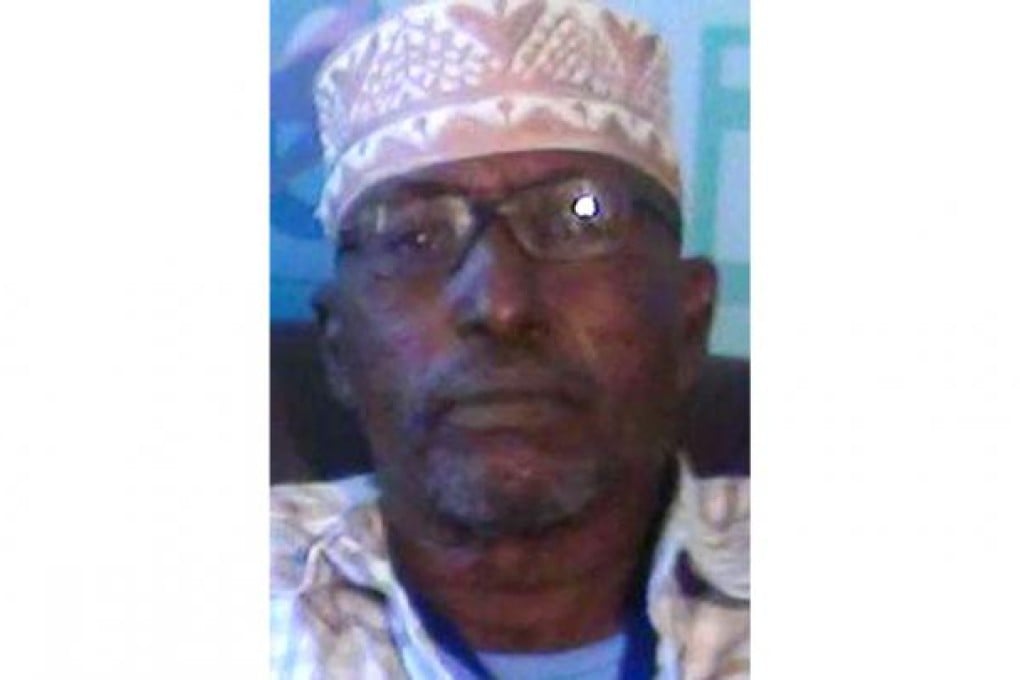2012 already deadliest year for Somali journalists
Eighteen media workers have died in targeted attacks or suicide bombings, with suspicion falling on an al-Qaeda-linked Islamist group

They buried Somali radio journalist Mohamed Mohamud Turyare on Monday, a week after he was assassinated by unknown gunmen near a mosque in Mogadishu, Somalia's capital.
On Monday night, killers struck again, this time shooting dead one of Somalia's famous poets and radio comedians, Warsame Shire Awale, near his Mogadishu home.
Popular especially with Somali youth, 61-year old Awale's programmes poked fun at the militant Islamists of al-Shabab, pointing out their misuse of the form of extreme Islamic law they imposed in the war-torn Horn of Africa country.
"Given the nature of the Shabab, he knew he was at risk of dying," said his nephew Mohamed Abdiweli.
Awale was the 18th Somalia media worker killed this year. Turyare, 22, of the Shabelle Media Network died days before TV journalist, Ahmed Farah Sakin, 25, was shot dead by unknown assailants in northern Somalia. Dozens more journalists and media personalities have been injured in the deadliest year on record for Somali journalists. In 2009, the next deadliest year, nine were killed.
"In Mogadishu, the atmosphere is very fearful and people wonder how they can continue doing their jobs. Many have stopped. They're afraid of being killed," said Abdirashid Abdullahi Haydar of the National Union of Somali Journalists. Haydar was among the hundreds of mourners who laid Turyare to rest at the city's Jazeera cemetery.